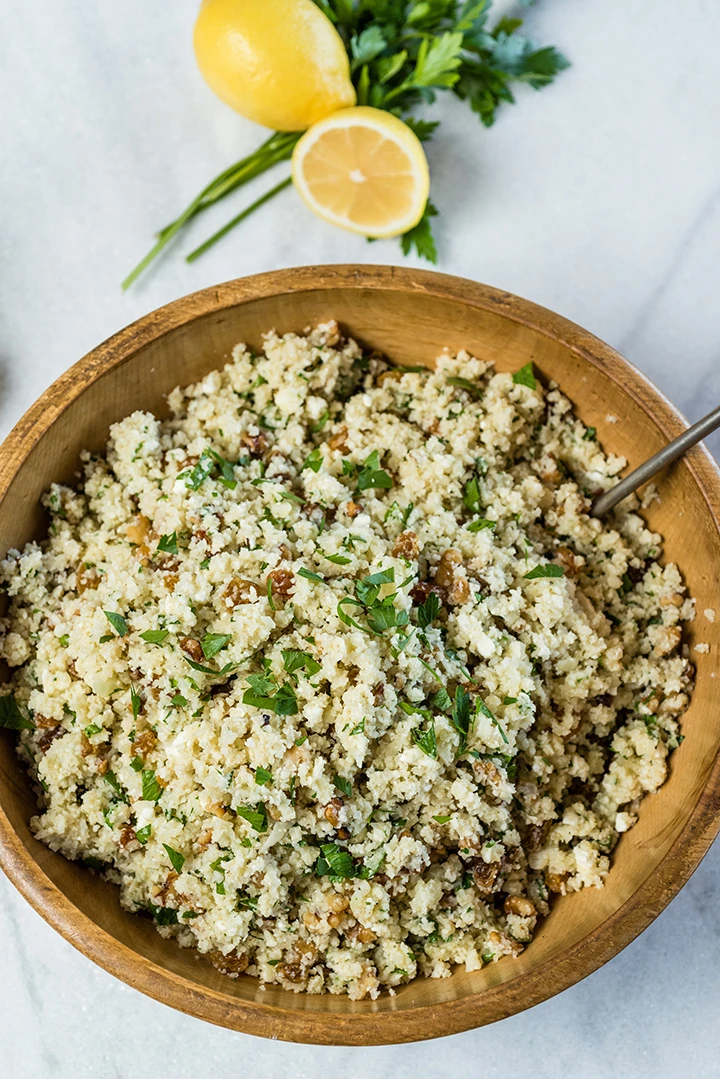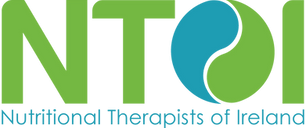Supporting immune resilience starts with the foundations of good health
There is no such thing as a magic bullet to better immune health however; supporting immune resilience starts with a varied diet, rich in natural and brightly coloured whole foods and incorporates regularly getting a good night’s sleep, taking steps to combat stress, regular exercise and finally adding in targeted immune support compounds where needed. Colds, flu, and other respiratory illnesses are more common in colder months. We are indoors more often, allowing viruses to pass more easily from one person to another. And the cold, dry air may we aken resistance. Maintaining a healthy immune system is important all year round, but we seem to pay more attention to it during the winter months, owing to our seasonal colds and flu. Our immune system is complicated and is influenced by many factors, including our dietary patterns, age, activity and stress levels, smoking status, alcohol consumption, sleep quality, and certain medical conditions. There are a number of things you can do to support a healthy immune system and below are some of the nutrients that may help:
Vitamin C
Always at the top of the list for immune support. Vitamin C is a powerful antioxidant, has anti-inflammatory activity and supports the body’s ability to fight infection. Vitamin C has been shown to shorten the duration of the common cold and possibly help support a healthy stress response. Foods rich in vitamin C include citrus fruits, kiwi fruits, berries and bell peppers.

Vitamin D
Has been found to play a significant role in the function of the immune system, in both innate and adaptive immunity. Vitamin D has been described as a ‘pro-survival molecule’. Maintaining healthy vitamin D levels is important for supporting the body’s ability to fight infection. Unlike most essential nutrients, however, you can’t rely on food to keep your levels optimal. The main source of vitamin D comes from sunshine; your bare skin produces vitamin D when it comes into contact with the sun’s rays. The risk of deficiency is higher during the winter months and current estimates suggest that many people are low. It’s a good idea to get your levels checked at least once a year and to add a daily maintenance supplement through the winter months. If you want to avail of a 30% discount code for a home Vitamin D testing kit CLICK HERE
Quercetin
Quercetin is a naturally occurring flavonoid found in plant foods. Flavonoids have been found to have significant therapeutic potential and protection against disease. Fruits and vegetables are the primary dietary sources of quercetin, particularly citrus fruits, apples, onions, parsley, sage, tea, and red wine. Olive oil, grapes, dark cherries, and dark berries such as blueberries, blackberries, and bilberries are also high in quercetin and other flavonoids.
Elderberry extract
Extracts of elderberry have received much attention recently for their potential natural anti-viral activity. Studies have found elderberry extracts to be beneficial for reducing symptoms of influenza and the common cold.
Selenium
Is an essential co-factor nutrient for the production of glutathione peroxidase and has significant antioxidant properties. Selenium deficiency seems to speed up the rate at which viruses can mutate. For general immune health, it certainly seems prudent to ensure that selenium levels are optimal. Brazil nuts, oats, sunflower seeds, fish, turkey and chicken typically contain good levels of this important mineral.
Zinc
A severe deficiency of zinc is known to suppress immune function, and even mild to moderate deficiency can have a negative impact on the immune system’s ability to deal with infection. The body doesn’t have much ability to store zinc so it’s crucial that your daily diet supplies plenty of this immune supporting mineral. You’ll find high levels of zinc in meat, chickpeas & lentils, pumpkin and sesame seeds.
Beta glucans
Are naturally occurring polysaccharides found in bacteria and fungi, used to make cell walls and store energy. What’s particularly interesting about beta glucans is their incredible, natural ability to modulate immune function. Beta glucan is found in cereal grains like barley, oats, sorghum, and rye, as well as mushrooms, seaweed, and certain types of yeast
Vitamin A
Several immune systems functions rely on vitamin A. Vitamin A is found in the diet in two forms: beta-carotene (found in red, yellow and orange plant foods) and retinol, or ‘active vitamin A’ (found in high fat animal foods such as eggs, butter, liver and full fat dairy products). For targeted immune support, vitamin A is best supplemented as a mix of both retinol and beta-carotene. For ongoing support in a daily multi, it is best to stick to beta-carotene as your preferred source and include good sources of retinol in your diet.
Probiotics
The gut has an important part to play when it comes to your immune system with 70% of your immune system located in the gut. Looking after your gut microflora by eating a diet high in plant foods containing fibre and fermented foods like sauerkraut, kimchi, kombucha to name a few as well as managing stress and eating mindfully will help to support a thriving and diverse gut microbiome. Supplementation can be beneficial at times depending on your gut symptoms and issues.
Green Tea (Epigallocatechin Gallate – EGCG)
Green tea leaf extract contains powerful polyphenols that include catechins. Epigallocatechin-3-gallate (EGCG) is one of the main catechins in green tea reported to deliver many of its widespread health benefits. Green tea also contains L-theanine, an amino acid that has calming effects. Green tea strengthens the immune system because it protects the body against oxidants and radicals.
Curcumin
Curcumin is the main active component of turmeric powder and is known to deliver many health benefits including anti-inflammatory and antioxidant activity. As well as having the potential to reduce viral replication. Use turmeric in soups, stews and vegetable juices.
Of course, there are many more nutrients, herbs and lifestyle changes we can do to support our immune health but these are some to start with.







